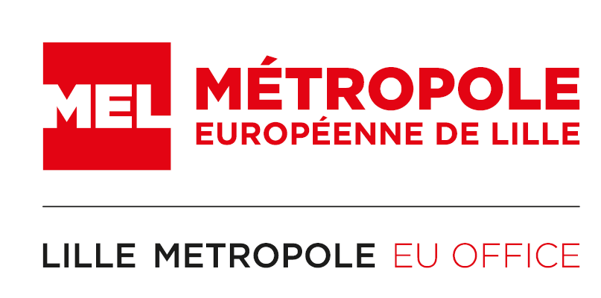
Every year in the EU, over 58 million tons of food is wasted, while over 37 million EU citizens cannot afford a good quality meal every second day (Eurostat, 2023). Food waste accounts for 16% of GHG emissions of the EU food system and represents an economic loss of 132 billion euros (SWD (2023)421).
Through the Social Circular Food Webs, the partners of the project (see below) aim to improve policies that support local food circuits in order to make them more effective, sustainable, connected and inclusive based on the principles of the circular economy model. These circuits must serve to promote and encourage waste prevention and the recirculation of food and organic waste, particularly focusing on food surplus redistribution for environmental, social and economic benefits. Food waste is a systemic issue and requires close collaboration with public institutions, academia, private companies, social economy entities, NGOs and citizens.
The Interreg project centers on interregional learning between 8 European regions to exchange experiences, work together on policy improvements and monitor the results of these improvements. Best practices will be shared with the wider european community to inspire better policymaking and contribute to the transition to a sustainable european food system. Learning will focus on three key themes:
- Developing food waste prevention networks for social and environmental benefits ;
- Management of food redistribution and monitoring technologies ;
- Supporting new business models in food surplus distribution.
Social Circular Food Webs will build regional capacities to develop strong multi-actor networks in order to reduce food waste and strengthen food security.
Through its participation in this European project, Lille Metropole wishes to:
- Draw inspiration from proven and/or innovative actions carried out by partners, and thus feed into and enrich the action program of the future “RÉGAL MEL” (Réseau pour Éviter le Gaspillage Alimentaire - Network to avoid food waste), which will be created in 2025 in Lille Metropole, following the territorial diagnosis of food loss and waste prevention carried out on the metropolitan territory ;
- Access European funding for experimental actions within the framework of the future “RÉGAL MEL” ;
- Raise the profile of the future “RÉGAL MEL” on a European scale, as it will be the largest of its kind in France in relation to the population of our metropole.
South-Eastern Finland University of Applied Sciences (XAMK) is the lead partner of the project. The other partners of the project are listed below:
- MIKSEI MIKKELI - Development agency of the Ciy of Mikkeli, Finland ;
- LIPOR, Intermunicipal Waste Management Service of Greater Porto, Portugal ;
- Culinary Institute of the city of Vejle, Danemark ;
- Riga Region, Letvia ;
- Wielkoposlka Region, Poland ;
- SAAMO VLAAMS-BRABANT, social services organization from the Province of Vlaams Brabant, Belgium ;
- Council of the West valley’s Region, Spain ;
- Métropole européenne de Lille (MEL), / Lille Metropole France.

